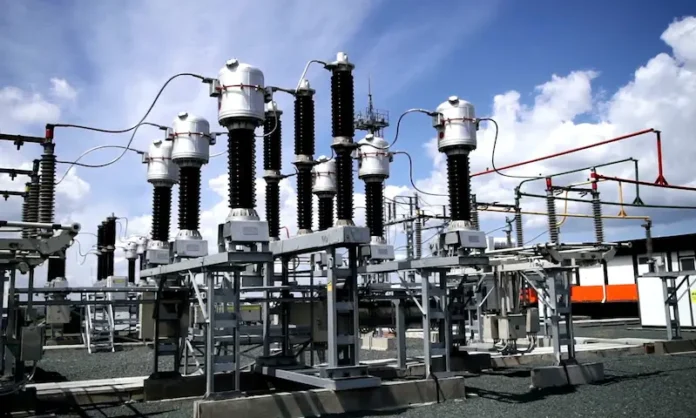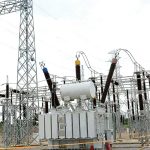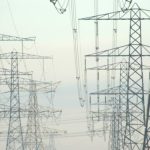The Federal Government has developed a National Renewable Energy and Energy Efficiency Policy with accompanying Vision 30:30:30 to add 30,000MW of electricity by the year 2030.
Minister of Power, Abubakar Aliyu said this in Abuja at the 5th National Council on Power (NACOP) with the theme“ Sustaining and Improving Electricity Supply through the Power Sector Value Chain for Socio-Economic’’.
Mr Aliyu said that renewable energy would contribute 30% of the energy mix to the policy.
He said that renewable energy was taking the centre stage of the ongoing reforms in the power sector as it is visible from the ongoing and completed projects in the Zungeru Hydroelectricity Power Project which is at 97% completion.
“It is expected to provide 700 Megawatts to the national grid while Kashimbila Hydroelectricity Project will be providing 40 Megawatts to the grid.
“And Dadin-kowa dam is also providing 40 Megawatts to the national grid among others, ‘’ he said.
The minister said that the projects were funded by International Organisations like the World Bank, African Development Bank and a host of others to strengthen the national grid.
“Government to Government collaboration between Nigeria and Germany resulted in a loan agreement which was provided on concessionary terms through Siemens Company to rehabilitate the Nigeria Electricity Industry (NESI) and the value chain in the industry.
“Through the agreement with Siemens, orders had been made for the purchase of 10 morbid power transformers and 10 mobile substations.
“The 10 morbid power transformers to be situated across the country have started arriving, ‘’ he said.
Chairman, Senate Committee on Power, Sen Gabriel Suswam said the challenges of Nigeria Electricity Industry since the completion of privatisation in 2013 were mainly operational in nature or manifest as a result of lapses in extant policies or statutory framework include absence of cost reflective tariff and inadequate enumeration.







